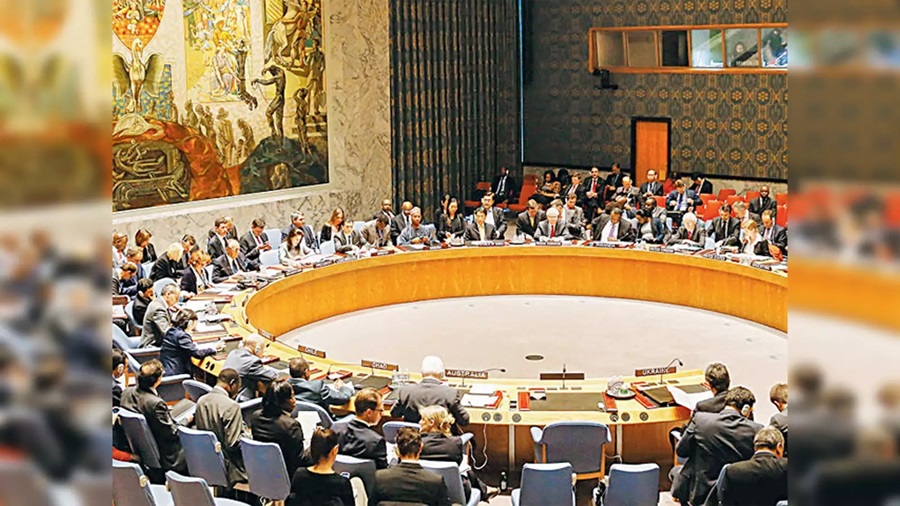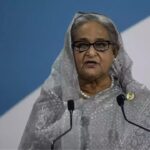China’s Permanent Representative Fu Cong also criticized India and the G4, stating that “a few countries and interest groups prioritize their own narrow interests over broader Council reform.

The lack of sufficient geographic representation in the UN Security Council is a major factor in its shortcomings, according to R. Ravindra, charge d’affaires of India’s UN mission. Speaking on behalf of the G-4—India, Brazil, Germany, and Japan—Ravindra emphasized that Africa’s inclusion as a permanent member is crucial for enhancing the Council’s effectiveness.
During an open debate on Council reform, Ravindra highlighted that the underperformance of the Council is partly due to the absence of African, Latin American, Caribbean, and under-represented Asia-Pacific nations in the permanent category. “We are convinced that African representation in both permanent and non-permanent categories is essential for a more representative and effective Council,” he stated.
The debate was initiated by Sierra Leone, which currently holds the rotating presidency and is advocating for increased African representation. President Julius Maada Bio of Sierra Leone underscored the disparity, noting that Africa, home to over 1.3 billion people and comprising 28 percent of UN member states, remains unjustly excluded from permanent seats.
Bio argued that despite nearly 80 years since the Council’s inception—an era when much of Africa was still under colonial rule—the Council remains stuck in a past that fails to reflect contemporary realities. He called for two permanent and two additional non-permanent seats for Africa.
Ravindra affirmed the G-4’s support for Africa’s demands, emphasizing that their relationship with the continent is built on trust and mutual respect. “It is inconceivable that Africa, which constitutes over 70 percent of the UNSC’s agenda, lacks a permanent voice at the Council table,” he said.
He urged the Intergovernmental Negotiations (IGN) to accelerate text-based discussions to advance reform before the UN’s 80th anniversary next year. Ravindra also noted that at the recent G-20 summit under India’s leadership, Africa’s membership was acknowledged, reflecting support for its inclusion.
President Bio and other speakers called for special treatment of Africa’s case, emphasizing the need for expedited reform despite opposition from the Uniting for Consensus (UfC) group. This group, which includes Italy and Pakistan, has resisted expanding permanent membership, though there are varying opinions within it about Africa’s potential inclusion.
Bio expressed confidence in Africa’s eventual success, despite the opposition, stating that Africa’s case is compelling and gaining traction. “The gatekeepers may resist, but we are making progress and moving closer to our goal,” he asserted.
Criticism of the G-4’s motives was voiced by some members, including Italy’s Marco Romiti and Pakistan’s Munir Akram, while China’s Permanent Representative Fu Cong criticized the pursuit of narrow interests in Council reform.
UN Secretary-General Antonio Guterres also weighed in, describing the cracks in the Council’s structure as too significant to ignore. He stressed the need for a permanent African voice, pointing out the gap between the Council’s current composition and the global representation it should embody.











